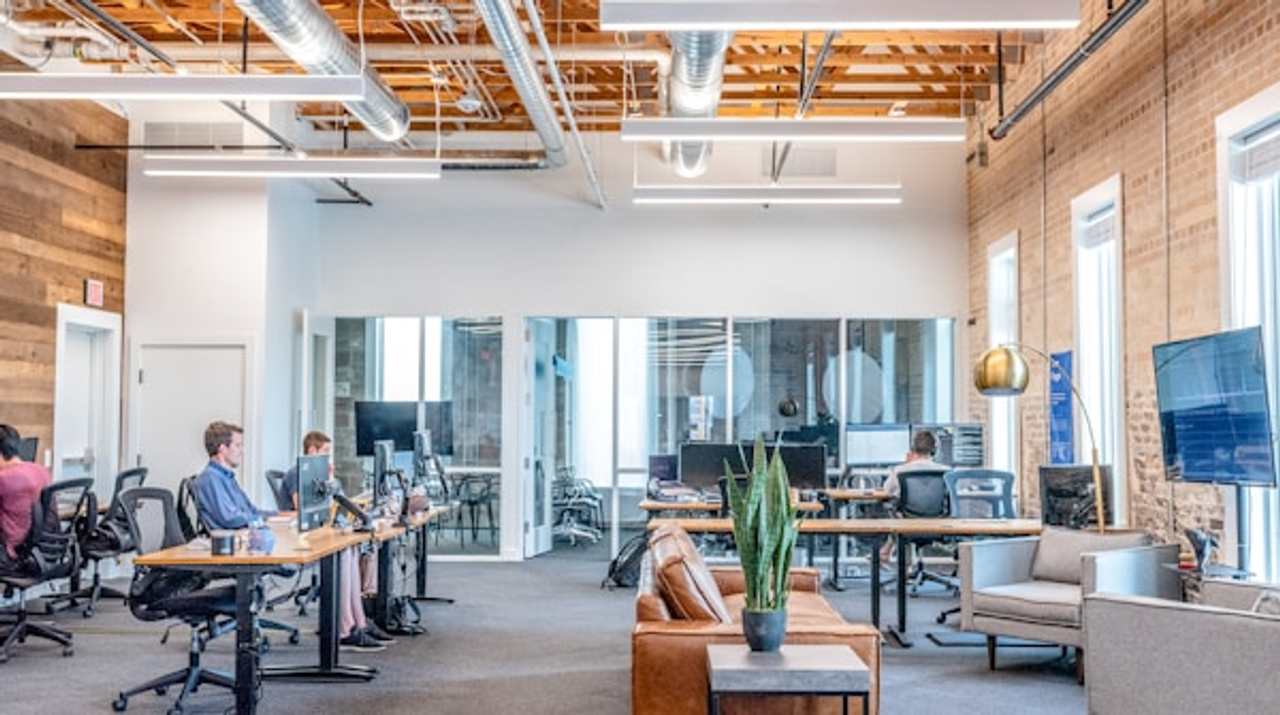
In recent years, the rise of AI co-pilots like ChatGPT has promised to take on routine and mundane tasks, allowing workers to focus on more uniquely human tasks. This shift in the workplace raises important questions about how workers will need to adapt and evolve in a post-AI world.
While some may fear that AI will replace jobs, the reality is more nuanced. AI will automate many tasks currently done by humans, but it will also free up time for workers to focus on tasks that require human judgment, instincts, and perspectives. The concept of a co-pilot in aviation serves as a helpful analogy for understanding the role that AI co-pilots can play in various industries.
A great AI co-pilot should be able to:
This transformation in the workplace will require workers to shift from task execution to managing, coaching, and guiding AI agents. This shift may be uncomfortable at first but has the potential to unlock greater creativity and human potential.
Various sectors, including engineering, education, legal, healthcare, manufacturing, and construction, are already seeing the benefits of AI co-pilots in enhancing productivity and efficiency. Startups and established companies are actively developing co-pilot tools tailored to specific industries to empower workers and elevate their capabilities.
As the landscape of work continues to evolve, it is crucial for workers to embrace this shift and develop the skills needed to collaborate effectively with AI. The integration of AI co-pilots into various industries offers immense opportunities for innovation and growth. If you’re working on co-pilot tools or solutions that elevate workers in any sector, consider reaching out to explore potential partnerships and collaborations.
By leveraging the power of AI co-pilots, we can not only streamline workflows and increase productivity but also unleash the full potential of human creativity and innovation in the workplace.
Curious to learn more ways to leverage productivity in this AI age? Visit Maintainsoft to learn more.